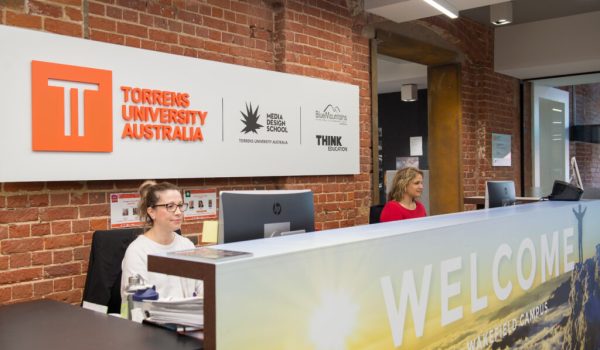Starting a new life in Canada comes with many exciting firsts: your first home, your first job, maybe even your first snowfall! But there’s another “first” that’s super important (and easy to overlook): building your credit history.
In Canada, credit is a big part of everyday life and understanding it is one of the benefits of settling in Canada that can open many financial doors. Whether you’re trying to rent an apartment, sign up for a phone plan, buy a car, or get a mortgage down the road, your credit history will likely be checked. It might feel confusing at first, especially if you come from a country where credit isn’t commonly used, but don’t worry. You’re not alone, and this guide is here to help you get started, step by step.
What Is a Credit Card and How Does It Work?
Let’s keep it simple. A credit card lets you borrow money from a bank or financial institution to pay for things, up to a certain limit. You’ll receive a bill every month and need to pay it back, ideally, the full amount, but at least the minimum payment by the due date.
This is different from a debit card, which uses your own money straight from your bank account. With a credit card, you’re using the bank’s money first, and then paying them back.
Several things affect your score:
- Do you pay your bills on time? (This is the most important one!)
- How much of your credit limit are you using? (Try to stay under 30%)
- How long have you had credit?
- Do you have a mix of credit types? (e.g., cards and loans)
- Have you applied for a lot of credit recently?
If you pay your full balance on time, you avoid interest charges. But if you only pay the minimum or miss a payment, you’ll start paying high interest, and your credit score could take a hit.
Credit Scores and Why They Matter in Canada
Your credit score is a number between 300 and 900 that shows how well you handle borrowed money. In Canada, this number is tracked by two main credit bureaus: Equifax and TransUnion.
The better your score, the more financial doors open: lower interest rates, better rental options, and easier approvals when you need a loan or mortgage.
What Kind of Credit Card Should You Start With?
Good news: Canadian banks understand that newcomers need help building credit from scratch. Here are a few types of cards you might consider:
- Secured Credit Cards
These are perfect if you don’t have any credit history yet. You leave a refundable deposit, and that becomes your credit limit. It’s a great way to build your credit safely.
- Unsecured Credit Cards
These don’t require a deposit, but banks will want to see proof of income or a job offer. Many major banks, like TD, RBC, Scotiabank, and CIBC, have newcomer programs just for this.
- Student Credit Cards
If you’re in Canada as an international student, these cards are made for you. They’re easy to qualify for and have lower limits.
- Prepaid Cards
These aren’t credit cards (you load your own money), so they don’t help build credit. But they’re handy for budgeting or online purchases.
Eligibility and How to Apply for a Credit Card
When you’re ready to apply, here’s what banks usually ask for:
- Your immigration status (PR card, work permit, or study permit)
- Your Social Insurance Number (SIN)
- Proof of address (like a lease or a utility bill)
- Proof of income or job offer
Many banks have programs tailored just for newcomers. Here’s a helpful roundup of the best newcomer-friendly banks. Before applying, take time to compare cards: some have no annual fees, some offer cashback or rewards, and others come with welcome bonuses or first-year free offers.
Using Your Credit Card Responsibly
Here’s how to build a strong credit history from the start:
- Pay your bill on time always. Set up autopay if you can.
- Try to pay the full balance, not just the minimum.
- Keep your spending below 30% of your credit limit.
- Avoid cash advances; they come with high fees and interest.
- Track your spending so you don’t go over budget.
Common Mistakes Newcomers Should Avoid
- Don’t apply for too many cards at once; it hurts your score.
- Never miss a payment or max out your card.
- Don’t assume paying the minimum is enough.
- Don’t close your first card too soon; a longer credit history is better.
- Check for foreign transaction fees if you’re shopping online from international sites or sending money abroad.
Choosing the Right Card: What to Look For
Look for features that match your lifestyle:
- No or low annual fees
- Low interest rates (APR)
- Rewards or cashback programs
- Newcomer incentives (like no credit check or easy approval)
Remember: your financial journey is just one part of settling in. There’s immigration paperwork, legal planning, and figuring out the long-term picture. If you’re looking for trusted, personalised guidance, Imm Consult is here to help. We’re dedicated to supporting newcomers like you as you build your life in Canada with confidence.




